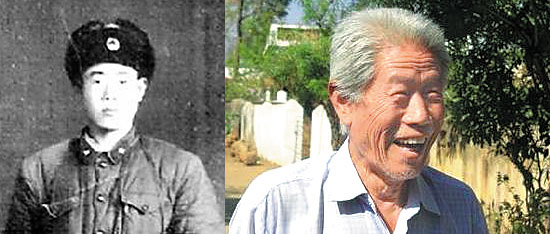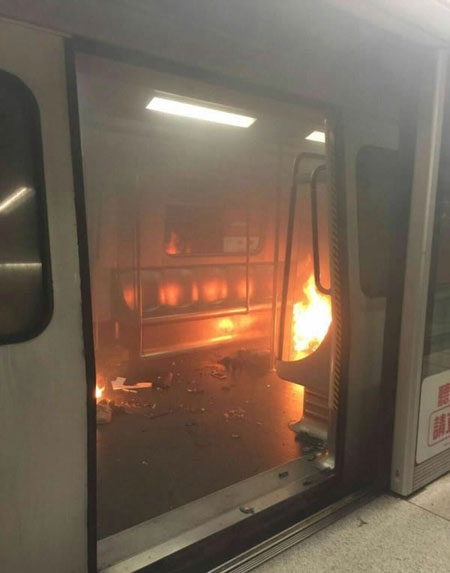China’s Huawei donates to Nigerians displaced by Boko Haram
China’s technology giant Huawei on Friday donated relief materials including food items to people affected by the insurgency of Boko Haram in Nigeria.
At an event in Abuja, the Nigerian capital, Huawei handed over the food items to the Nigerian government, saying it will increase its social responsibility to internally displaced persons (IDPs) and others facing humanitarian challenges in the West African country.
“Huawei Technologies Ltd, as a company which has been doing business here for more than 15 years, would like to extend our deep commitment to Nigeria by standing by her in her time of need,” said Zhong Haiying, deputy managing director of the tech firm.
The donated food items included 2,300 bags of rice, 200 cartons of spaghetti, sugar and oil.
Speaking at the event, Zhou Pingjian, the Chinese ambassador to Nigeria, hailed Huawei’s decision to bring succor to the IDPs in the country as a lofty idea that needed to be encouraged.
“As a good friend of Nigeria, we are ready to play our due part. At the government level, we are working with the government to do something on the issue and at the business level we encourage more and more Chinese companies here to follow Huawei’s example to better integrate with the Nigerians here,” Zhou said.
On behalf of the Nigerian government, Minister of Interior Abdulrahman Dambazau expressed gratitude to Huawei for the humanitarian effort “by contributing toward making life meaningful for the internally displaced persons, most of them being women and children.
More than 2.3 million people have been internally displaced by Boko Haram since the insurgency in northeast Nigeria started in 2009. Most of the internally displaced people are reportedly suffering food shortage.

